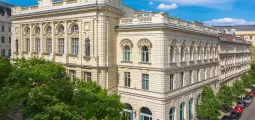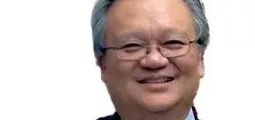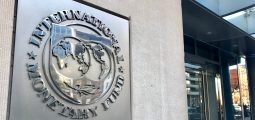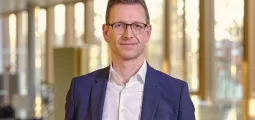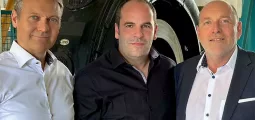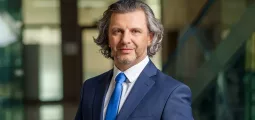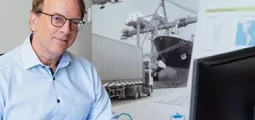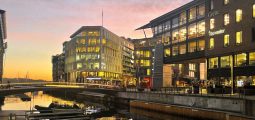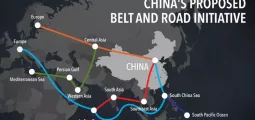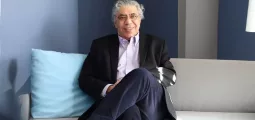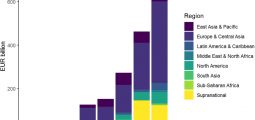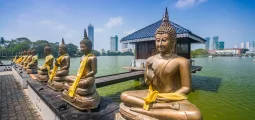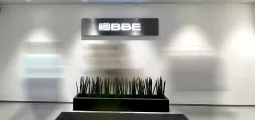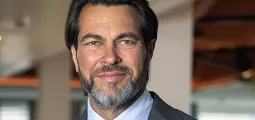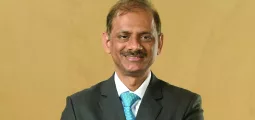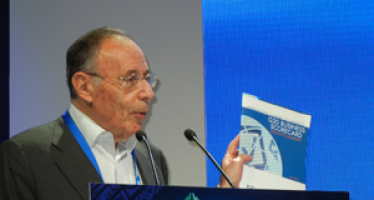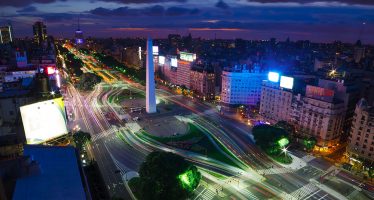A View From São Paulo
From the outside Brazil’s new image seems unstoppable but this can quickly change on arrival in the country, starting with long queues for processing visas at São Paulo’s Guarulhos International Airport. Leaving is even tougher: at weekends, overstretched airports can end up cancelling or changing up to a third of flights. And this is just locals leaving town – whether the planned improvements to airports over the next few years will be enough to cope with the upcoming sporting events nobody is quite sure.
Attempts to improve things have been at stalemate which caused one of the more dramatic U-turns in the career of President Dilma Rousseff. Guarulhos and two other airports were to be sold off to provide money for their state-run management company, Infraero, with a view to expanding its services under government control. That idea was axed when she concluded that the problems were down to Infraero’s poor administration rather than a shortage of funds.
Politics here is a difficult business, with corruption and territorialism undermining the government’s public-private partnerships. It was easier to sell a majority stake in the airports rather than completely wrestle control from Infraero, it seemed. When the auction happened, it raised $14bn – several times more than was hoped for – largely from mid-level players from countries such as South Africa and Argentina. Business praised the move, not only because it proved profitable.
There is insufficient infrastructure nationally and much is in poor repair, and this was the first major move Rousseff had made to address the problem. The next move was to float a plan to sell concessions to firms to run some of Brazil’s roads, as many are in disrepair.
A lot of main roads already have tollbooths, which turn into virtual car parks on holiday weekends. During this year’s São Paulo Carnaval, it was not uncommon to hear Paulistas saying they would have liked to go somewhere else – maybe the beach, or Rio – but that doing so seemed impossible.
The government is popular with voters and respected by the business community, but finding ways to invest without turning to outside help puts it in a tough position. It has money, but the prospect of fiscal outlays causing inflation terrifies a country that remembers 80s and 90s hyperinflation. Rousseff’s ideological volte-face leads some to hope that she may be forging a new model, which relies on bringing in more international capital to work with the government to get ready for the World Cup and the 2016 Rio Olympics.
The country more generally will be hoping that a plan is thrown together quickly to upgrade creaking systems – which, in fairness, have been overwhelmed largely as a result of unexpectedly strong economic growth.
But this excuse will not wash when São Paulo hosts the World Cup opening ceremony. “The priority for the president,” wrote a leading national newspaper columnist “is to avoid having an embarrassing show, stain the image of the country.”
A lot needs to be achieved in a short period if this is going to be avoided.
You may have an interest in also reading…
International Chamber of Commerce: G20 Openness Could Improve
Presenting pre-findings of an ICC Open Markets Index at an international business dialogue in Paris on March 4th, ICC Chairman
DEG: Germany Eyes Future Markets Beyond the BRICS
In the light of weak economic activity, growth forecasts for the major emerging nations in 2013 and 2014 are being
Ernst & Young: Argentina – New Government Measures to Improve and Strengthen Employment
Argentine payroll costs are the highest in Latin America, standing at a maximum of 40%. Social security and health care


